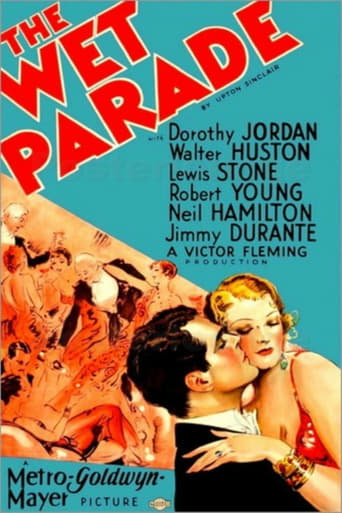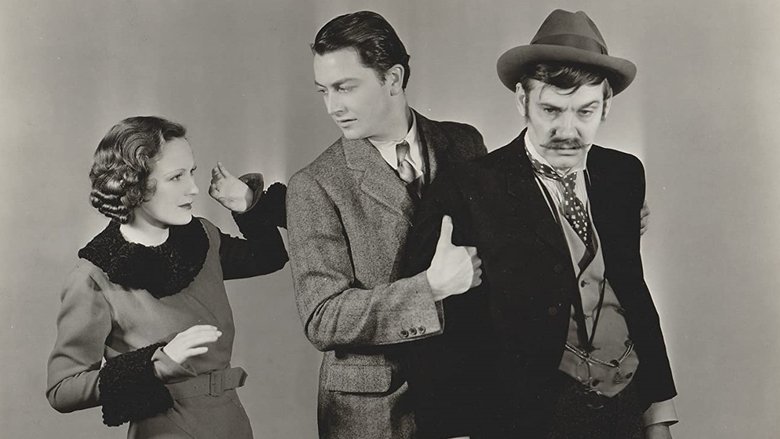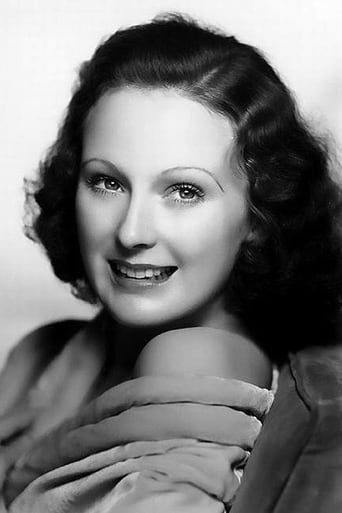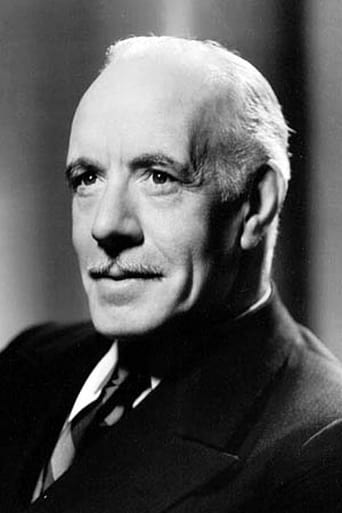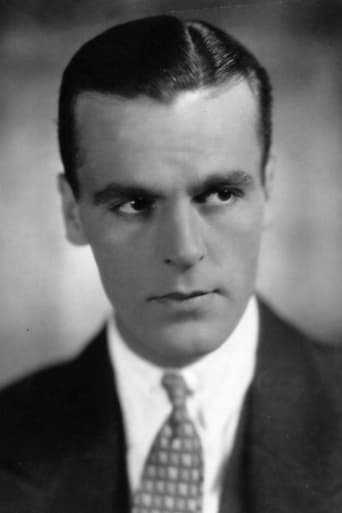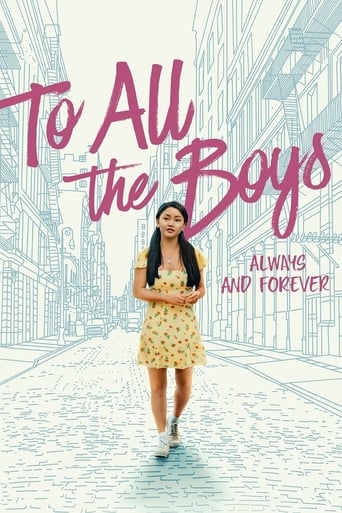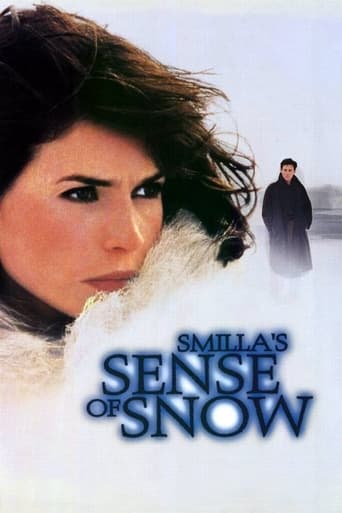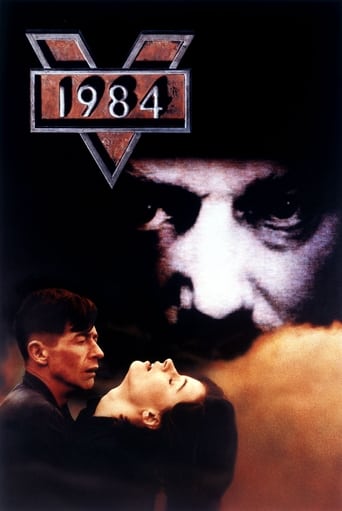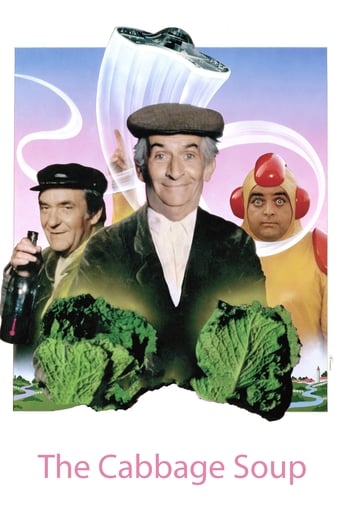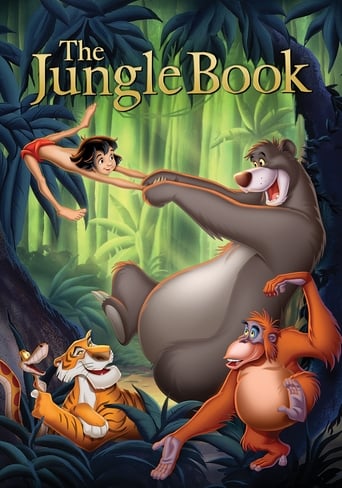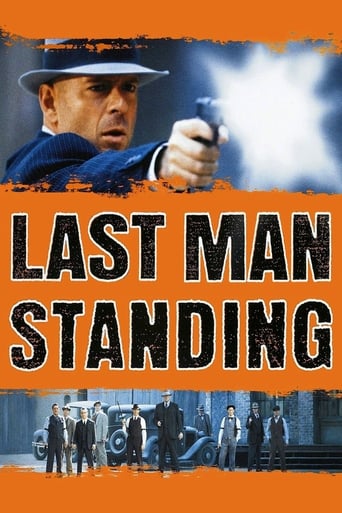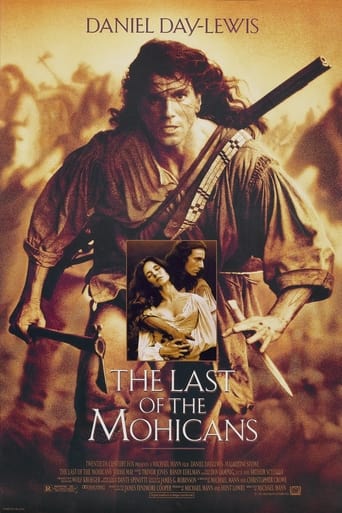The Wet Parade (1932)
The evils of alcohol before and during prohibition become evident as we see its effects on the rich Chilcote family and the hard working Tarleton family.
Watch Trailer
Free Trial Channels
Cast


Similar titles
Reviews
Please don't spend money on this.
Better Late Then Never
This is a gorgeous movie made by a gorgeous spirit.
Through painfully honest and emotional moments, the movie becomes irresistibly relatable
In Victor Fleming's "The Wet Parade"), Joan Marsh manages to steal a scene from the shimmering, well-gowned Myrna Loy, who looks great, but is wasted in a nothing role. One of Metro-Goldwyn-Mayer's few "message pictures", The Wet Parade was obviously made to re-enforce the then current debate for the repeal of Prohibition. Thus, the film ends somewhat abruptly, but it does have some great dramatic scenes mixed in with the message and the dull speechifying. The music score, directed by Oscar Radin, also merits attention. As for the acting, Walter Huston is allowed to walk off with the script. He talks and talks, but he has a scene that is one of the most horrifying ever presented in a Hollywood movie.Dorothy Jordan, alas, makes a weak heroine, although she starts off effectively, while Jimmy Durante makes both a late entrance and a surprising exit. Robert Young lacks color, but then so does his role! Victor Fleming's direction is at its best in the action episodes, the semi-documentary bits such as the elaborate manufacturing of the hooch, and montage scenes like that in which Lewis Stone succumbs to the siren call of the saloon. The Scooter DVD rates at least a 7 out of 10.
It's difficult to find old movies that I haven't already seen, so it was with great anticipation that I watched The Wet Parade, 1932, for the first time. It was like taking a vicarious time machine journey that landed smack in the middle of one of America's less memorable self-righteous escapades: The Prohibition. The best part is that this intensely dramatic flick was made a full year before prohibition ended, so the full flavor of the alcohol-soaked theme really hits home. It includes some historically accurate details, which were still very fresh in everyone's minds when the movie was produced. It also depicts some of the darker details of desolation and desperation the general public wrestled with after losing complete access to drinkable alcohol. Walter Huston, one of Hollywood's most convincing actors of his era, outdoes himself in this movie. Young Robert Young is quite dashing in his role, although the sight of him paired up with the gregarious Jimmy Durante might prompt a quick reality check if you're not prepared for this early "odd couple" concept.
Victor Fleming's "The Wet Parade" (1932) would be an appropriate double feature companion to "Reefer Madness". But while it shares that film's exaggerated (insert hysteria here) style, it is a much higher budget production and ultimately delivers a balanced and well- reasoned message.It also has an all-star cast, although many of them are very early in their careers. The story centers around an old southern family, the Chilcotes; Lewis Stone, Dorothy Jordan, and Neil Hamilton (Commissioner Gordon on television's "Batman" series). Other name actors included Walter Huston, Robert Young, and Myrna Loy, Wallace Ford, and Jimmy Durante.The film is almost an epic as it covers a 15-year span from 1916 to 1931. During WWI Congress expands federal regulation with a wartime measure called the Food Control Act (regulating grain among other things). This leads to the ill-advised Volsted Act and the 18th Amendment outlawing liquor (insert nationwide "Prohibition"). But prohibition curtails only legal drinking, and gives criminal elements a huge base of potential customers. Although much of the demand is met by smuggling (especially from Canada) and domestic distillation, there is quick money to be made with bogus product. Criminals simply take bulk denaturated (meaning unfit to drink) cleaning fluid ( a mix of ethyl alcohol and methanol) and package it as a name brand product. The film shows an excellent sequence of this process.The film also shows the consequences of consuming this product; blindness or death. The intention of the film is not to promote drinking but to illustrate a bigger evil, the unintended consequences of the government's ill-advised attempt to prohibit the activity. "The Wet Parade" was a rare example of mainstream Hollywood's willingness to openly take a side in a political issue. In doing so they risked alienating a huge potential audience (the President had vetoed the original legislation and it took legions of pietistic voters to pass the 18th Amendment). The effectiveness of the "The Wet Parade" message no doubt contributed to the passage of the 21st Amendment the following year (1933), which repealed nationwide prohibition. Then again, what do I know? I'm only a child.
I loved The Wet Parade and gave it a 10. I loved it because it clearly depicts the pain and suffering caused by the loss of free will, whether through addiction or government imposed sanctions. I found the film to be as relevant today as it was when it was released in 1932, just months before the repeal of Prohibition. There is no attempt to provide a solution, just a vivid picture of the problem. A problem which continues to grow in magnitude.

